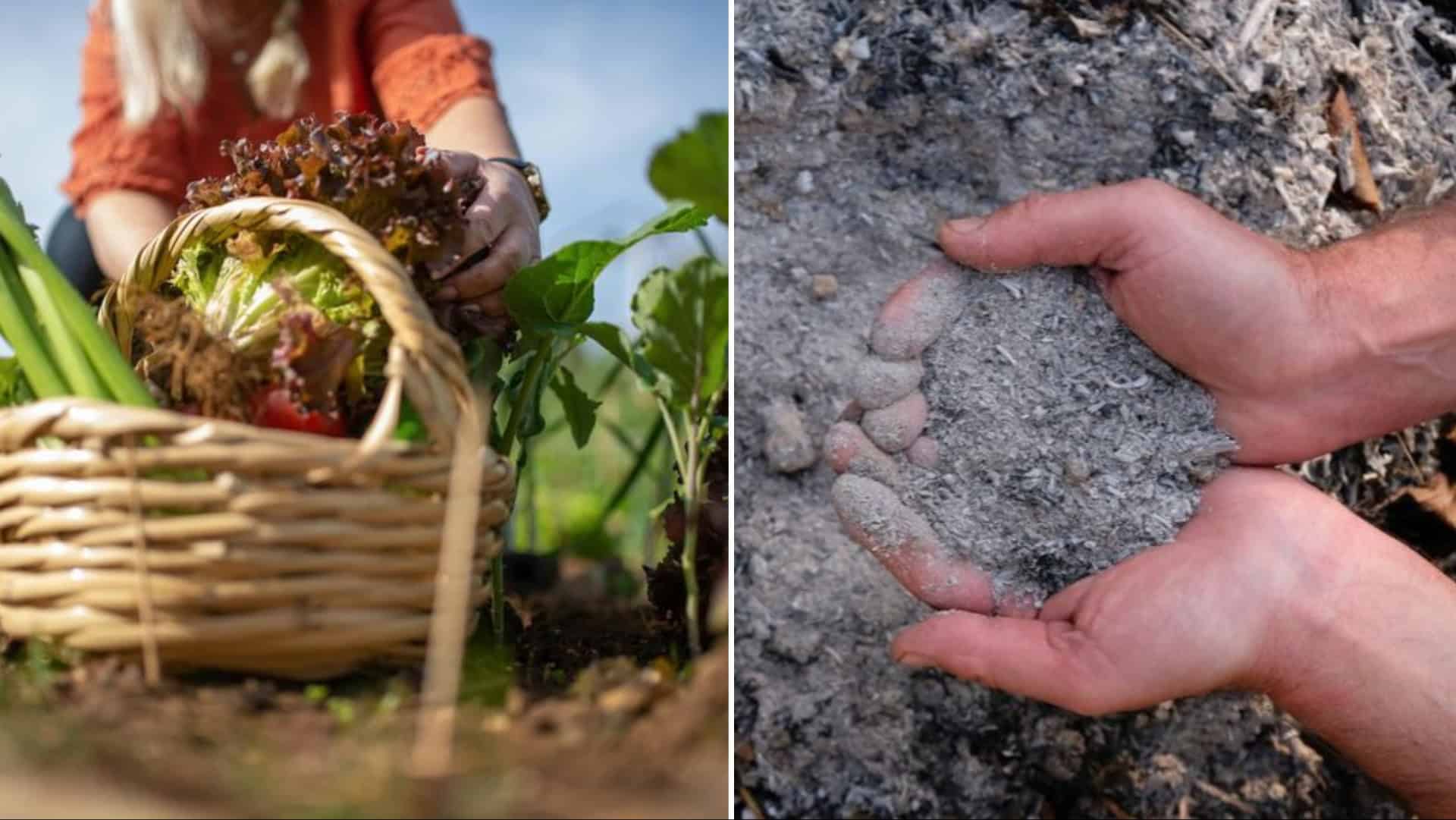Unlock the time-tested wisdom of gardening with these grandma-approved soil secrets.
These techniques have been passed down through generations, ensuring rich and fertile soil.
Whether you’re an experienced gardener or a novice, these tips will help you cultivate a thriving garden.
Explore traditional methods that prioritize soil health and sustainable practices, transforming your garden with minimal effort and natural ingredients.
1. Crop Rotation

Grandma always knew the importance of rotating crops. By changing plant locations each season, soil nutrients remain balanced, and pests are less likely to flourish.
This age-old technique ensures that the same nutrients aren’t continuously depleted.
Imagine your garden as a dance floor, with plants taking turns to waltz in different areas, rejuvenating the soil for future harvests.
2. Green Manure

Planting green manure such as clover or vetch is like giving your soil a spa day. These cover crops enrich the soil with organic matter and nitrogen.
As they grow, they create a plush carpet that, once plowed in, becomes a buffet of nutrients.
Think of it as a green blanket that nourishes your garden’s future yields.
3. Composting

Composting transforms kitchen scraps into “black gold.” This organic process not only reduces waste but also enhances soil quality.
Imagine a magic cauldron where peelings and leftovers turn into nutrient-rich compost, ready to invigorate your garden.
It’s nature’s way of recycling, turning yesterday’s waste into tomorrow’s treasure, just like grandma used to do.
4. Fallow Periods

Leaving land to lie fallow rejuvenates its natural fertility. By allowing the earth to rest, it regains its strength.
It’s akin to taking a vacation; the soil replenishes itself, ready to host bountiful crops once more.
This strategy, steeped in tradition, ensures the land is not overworked and remains productive for generations.
5. Manuring with Organic Waste

Applying organic waste, like animal manure, is akin to giving your garden a hearty stew. It boosts soil fertility and structure, feeding plants naturally.
As the waste breaks down, it releases essential nutrients, fostering growth.
Just like grandma’s cooking, this method adds richness and depth, ensuring your plants thrive and flourish warmly.
6. Deep Plowing

Deep plowing breaks up compacted layers of soil, enhancing aeration and drainage.
It’s like a fresh breath for the earth, allowing roots to delve deeper and access nutrients.
This technique, reminiscent of days gone by, transforms the soil into a welcoming bed for crops, ensuring they grow strong and robust, just as grandma intended.
7. Use of Ashes

Grandma’s trick of using wood ashes adds minerals back into the soil. This practice restores essential elements, promoting plant health.
Much like seasoning a dish, ashes provide the necessary minerals that might be missing.
It’s an ancient technique that revives the vibrancy of the earth, making your garden flourish with a gentle touch.
8. Mulching

Mulching is like tucking your soil in with a cozy blanket. By covering the ground with straw or leaves, moisture is conserved, and weeds are suppressed.
This protective layer adds organic matter as it breaks down.
It’s a grandma-approved method that keeps soil temperature stable, ensuring plants remain content and productive, season after season.
9. Biochar Application

Biochar is the secret ingredient for resilient soil. This charcoal-like substance improves soil health by enhancing nutrient retention and water absorption.
It’s like giving your garden a refreshing drink, allowing it to flourish even in challenging conditions.
A touch of biochar, much like grandma’s wisdom, transforms soil into a nurturing haven.
10. Liming

Liming sweetens acidic soil, making it more hospitable for plants. By adding lime, you improve nutrient availability.
It’s akin to balancing flavors in a recipe, ensuring the right conditions for growth.
This practice, passed down through generations, ensures your garden remains a fertile ground for diverse plant life, nurtured with care and precision.

